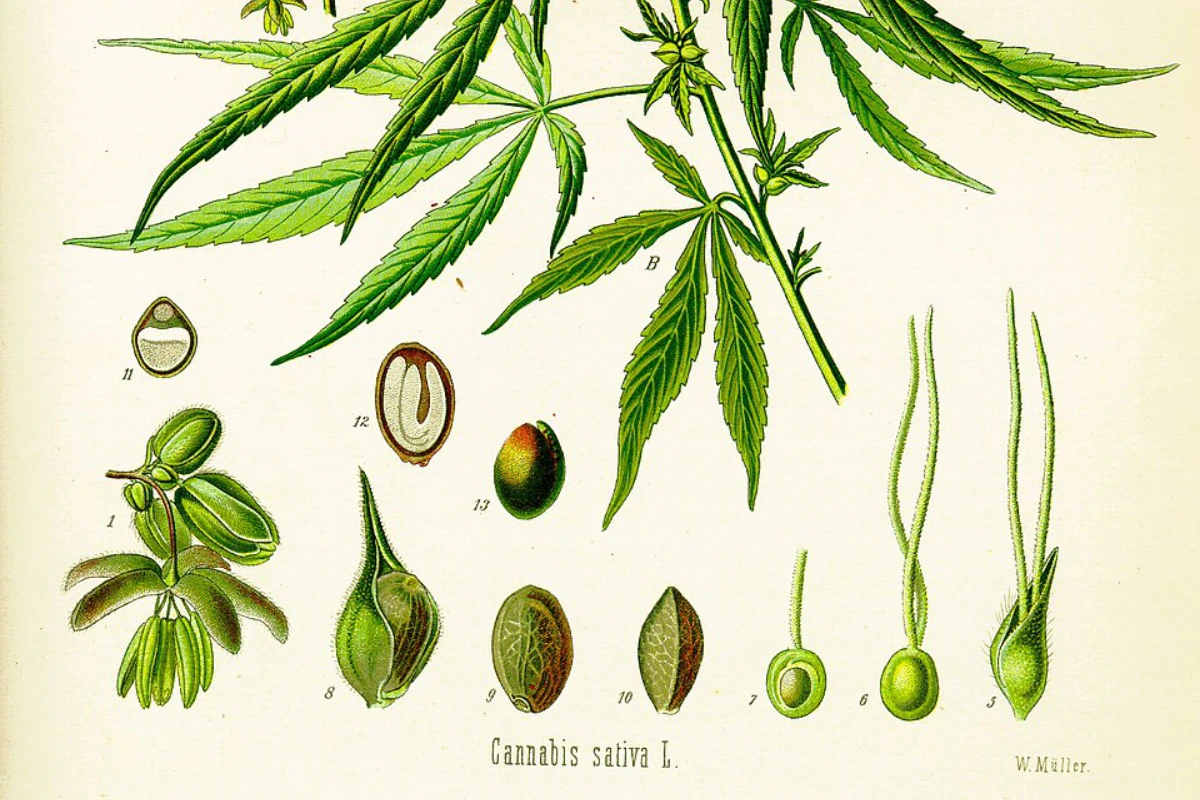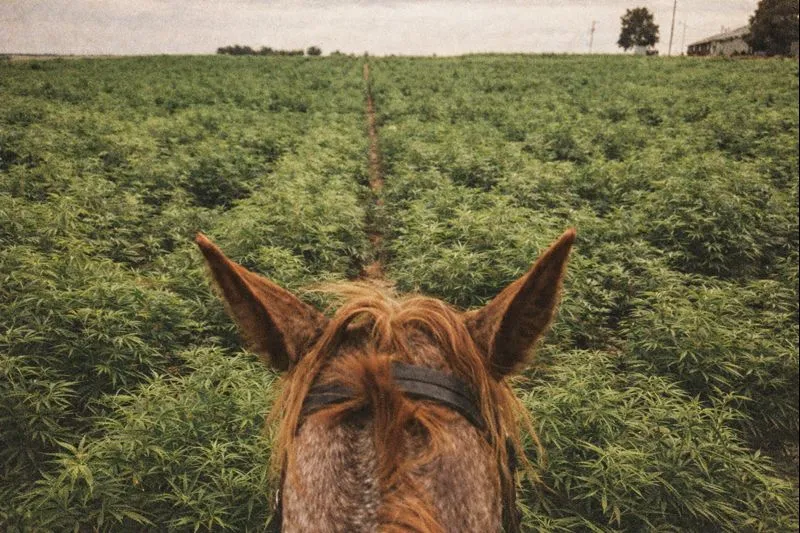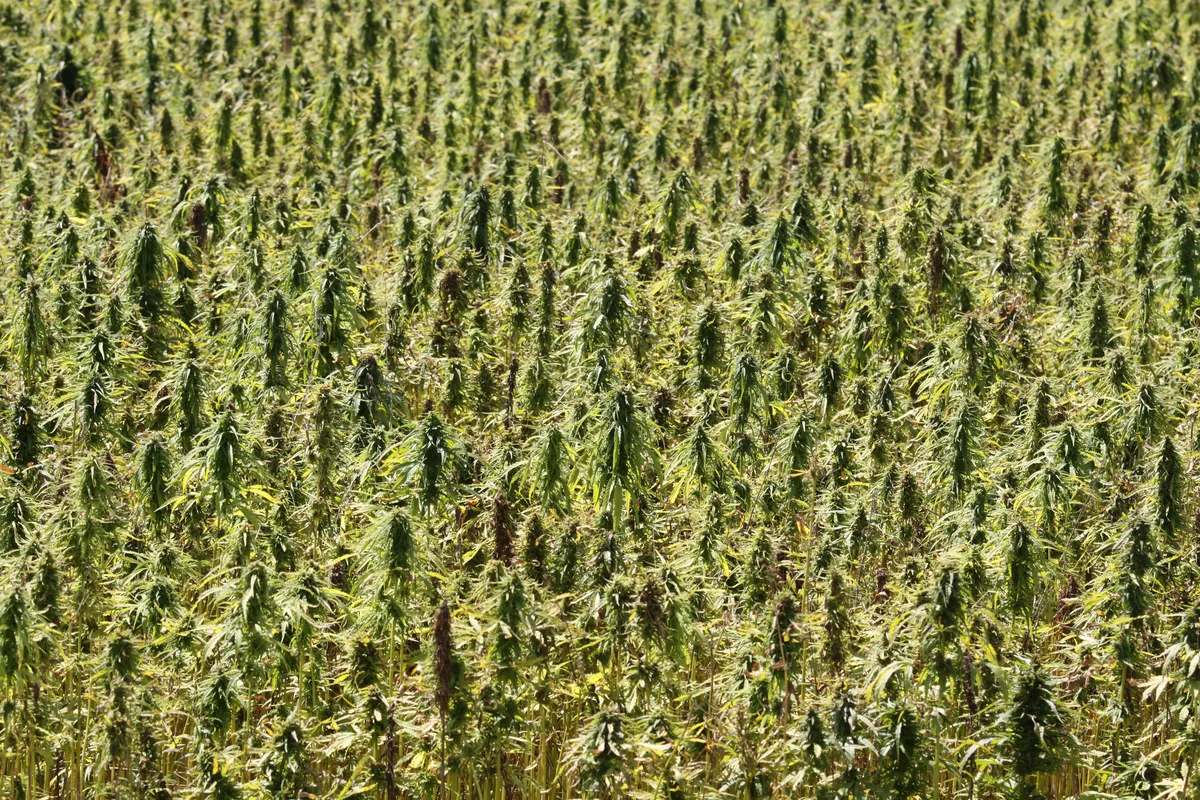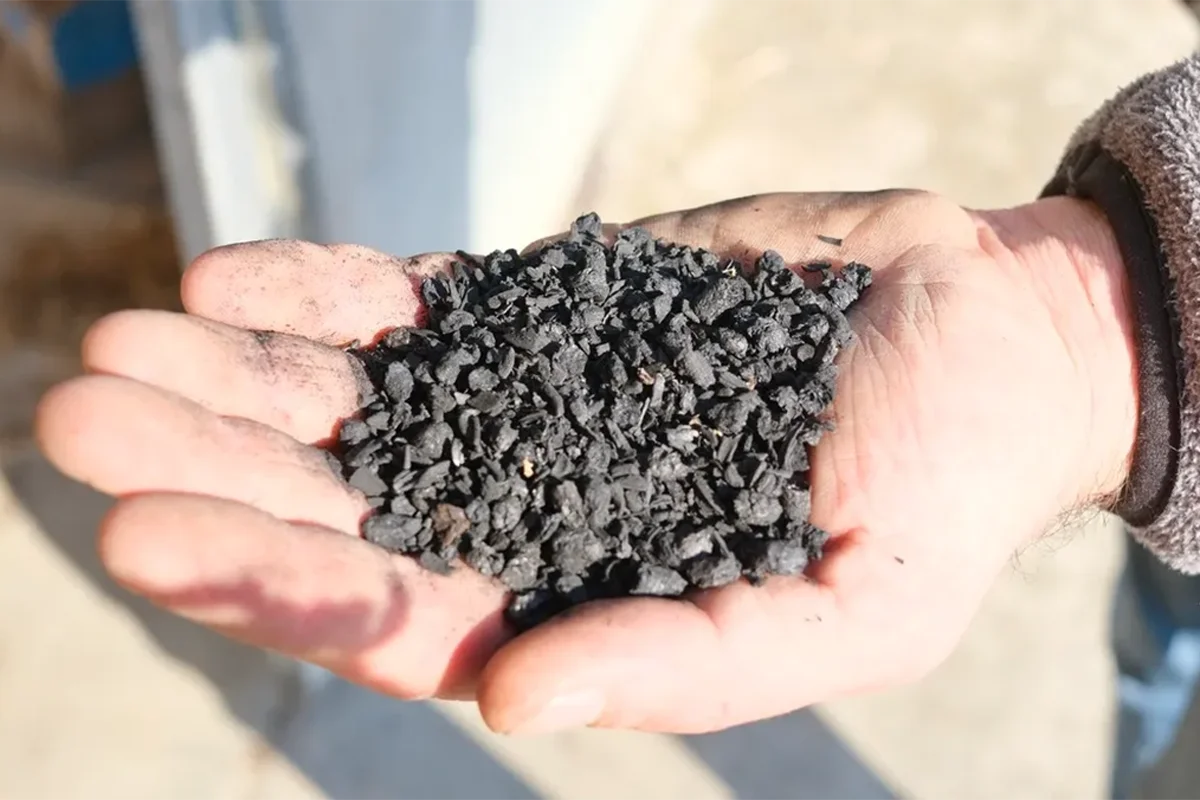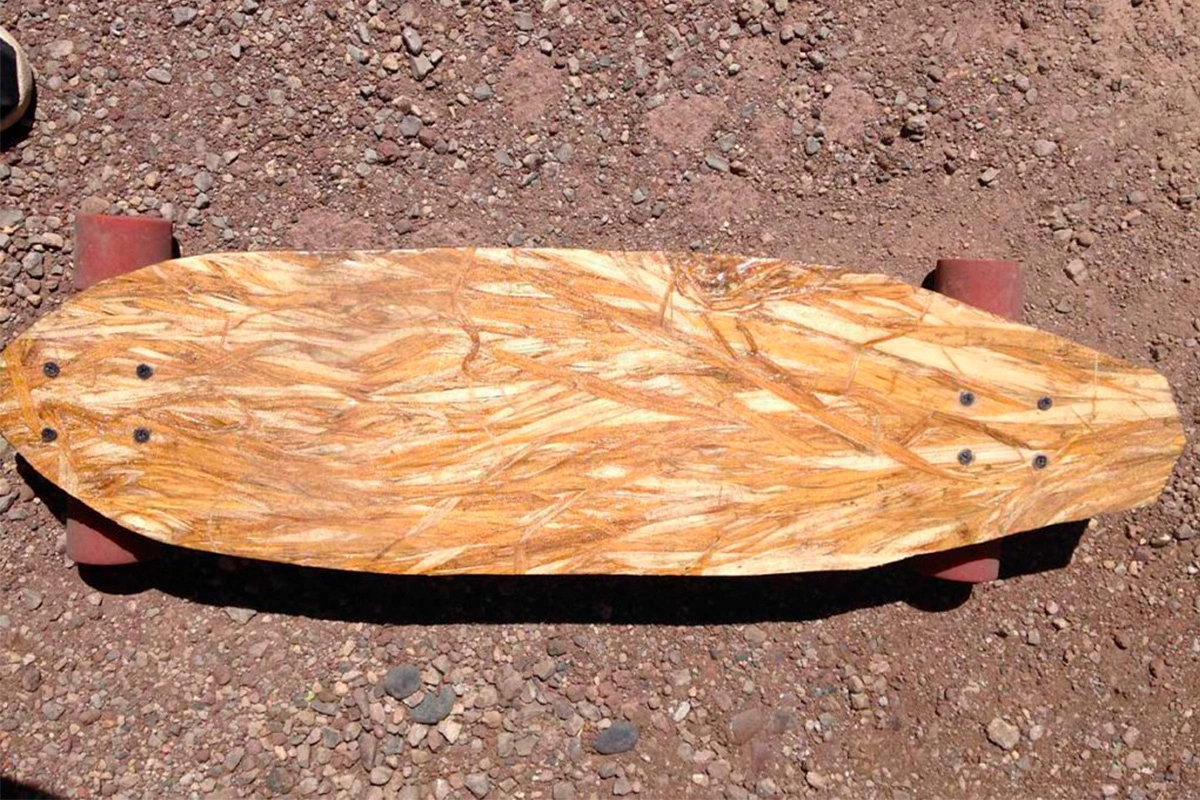
Certifications of the hemp supply chain: limits and opportunities
In Italy, the hemp supply chain is promoted but not regulated, categorized and certified – blockchain may lead to a solution to certifications
Italian hemp supply chain certifications and traceability
Hemp products tested in the year 2022 globally did not comply with the formulations and did not carry warnings and instructions for their marketing. In addition to the problem of misinformation burdening the consumer, the critical issue lies in the lack of traceability and certification of hemp-derived products. The industrial hemp supply chain in Italy is not complete: there is a lack of seeds that are able to provide a market-competitive end product and a regulation and categorization of products at the end of the production process. As a result, derivatives are sold without consumer certainty about their quality and wholesomeness. More certifications are present in food and pharmaceuticals, while it is more difficult to find them for the textile sector. End consumers are presented with information that lacks consistency and depends on the producing country.
Promotion and control of the Italian hemp supply chain: Prototipo Studio
In 2019, the National Consortium for the Protection of Hemp was founded with the aim of defending the Italian production market. Law 242/2016 had already laid the foundation of support for the production and marketing of the hemp supply chain, but regulations were not enough to support development. The Consortium that guarantees quality and traceability provides at the same time a concrete and effective implementation of the aims of Law 242/2016.
Prototipo Studio aims to recover the Italian hemp textile supply chain through advice and service provided by experts in all production processes from hemp yarn to weaving. One of the challenges of fashion is the selection and recovery of the supply chain itself.
Industrial Hemp Supply Chain Table
The Hemp Supply Chain Table was established in 2020 for advisory and monitoring purposes. The Table is attended by the Ministry of Agriculture, Food Sovereignty and Forestry, central state administrations, autonomous regions and provinces, agricultural professional organizations, universities and various stakeholders.
A focal point for the entire supply chain is to design production systems with a focus on ecology and new tools to support the industry. We need certification systems, traceability that regulate the industrial sector, and review the regulations governing the food sector of seed and seed derivatives with particular reference to the current GACP regulations. The pharmaceutical sector turns out to be the only hemp industry initiated to a regulated and certified reference
Hemp certifications
The problems in recreating a modern textile supply chain are both production and informational. The ability to process hemp and the lack of machinery are the two main problems limiting production development. In the era of fashion 4.0, there has been an increased awareness among consumers to know what product they are buying in terms of both origin and quality. Transparency is the main issue to raise awareness of.
Certified seeds
The varieties of hemp allowed for cultivation are those registered in the Common Catalogue of Varieties of Agricultural Plant Species under Article 17 of Directive 2002/53/EC. The certified and registered Italian varieties at present are as follows: Asso, Cs, Carmagnola, Carmaleonte, Codimonio, Fibra Nova and Fibrante. There is a lack of native varieties that are up to date in terms of production and economics. There is a particular need for a plant with fast macerating stems.
Good Agricultural and Collecting Practices (GACP) – Good Manufacturing Practices (GMP)
Among the certifications in the food sector at the European level is the GACP protocol. Production, processing and marketing of hemp are subject to controls and procedures elected according to World Health Organization (WHO) principles in order to ensure quality. Production and harvesting, environmental context, possible presence of harmful elements, storage and distribution are considered in the control processes.
On the other hand, the principle behind Good Manufacturing Practices (GMP) is compliance with quality during the extraction and processing of hemp products for the pharmaceutical industry.
Certi Assessment and Certification provides certification services as a third party and accredited by Accredia.
Certifications in textiles: Global Organic Textile Standards (GOTS), Global Recycle Standards (GRS), Oeko-Tex Standard 100, Responsible Down Standards (RDS), Carbon Reduction Label
Compliance with quality and environmental standards brings several benefits including increased credibility by improving one’s image to the consumer and reduced costs due to waste, processing or management inefficiencies. One must design with circularity in mind by using natural fibers, or avoiding waste and scrap as much as possible.
At the national level, the textile hemp industry has not yet developed brands and certifications to guarantee supply chain traceability. Below are some of the major textile certifications at the international level:
GOTS certifies textile products made from natural fibers from organic farming. It is accepted by all markets and textile products, manufacturing activities and textile chemicals are certifiable.
GRS, is a certification dedicated to all those companies that also include a portion of recycled material within their textile fibers. GRS requires that products contain recycled material from their products and compliance with environmental and social criteria.
Oeko-tex Standard 100 is a certification of raw, semi-finished and finished products at all stages of production. Audits certify that production processes are environmentally friendly in both processes and factories.
Responsible Down Standard (RDS) is a certification that refers to all textile products with an animal component-such as down fillings.
Carbon Footprint is the carbon footprint of a product/service and is a method for assessing environmental impact in terms of global warming. It is a standard intended to provide a reference tool for quantifying, managing and reducing greenhouse gas emissions.
Blockchain and certifiability
Non-Fungible Tokens (NFTs) are digital property certificates and are exchanged within a blockchain, to be imagined as a shared digital repository. The world of hemp is seeing an increase in the use of these digital assets and they represent unique identification codes to objects, studies or creations that are also sold online through cryptocurrencies.
Through a blockchain there is the ability to track a product and authenticate analyses and tests conducted in the laboratory. They combat counterfeiting by flanking buying and selling, and the products thus tracked have QR codes and certificates of analysis to strengthen through total transparency consumer trust.
On the one hand they contain data such as temperature, moisture and product storage, and on the other it provides a secure and immutable platform that can be accessed from every sector of the supply chain. Globally, there are no certifications for traceability of the hemp supply chain. Therefore, working on transparency of a product’s origin through blockchain, as well as Prototipe Studio is experimenting with, is a priority that wants to validate the sincerity of the project.
Blockchain – Experiences in Italy
In Italy, blockchain is already being used in the agri-food sector to protect PDOs, but also to certify the safety and authenticity of a product as in the organic sector.
Examples of blockchain and excellence involve wineries such as Ricci Curbastro in Franciacorta, Ruffino and Torrevento, which are among the first in Italy to have adopted the solution of international certification body Dnv Gl, based on the VeChainTor blockchain.
Certifications with the ‘Certified Blockchain Quality’ label carry a QR that provides access to nutritional information, the production chain and a video narrative of the work done to virtually take the user inside the production chain.

